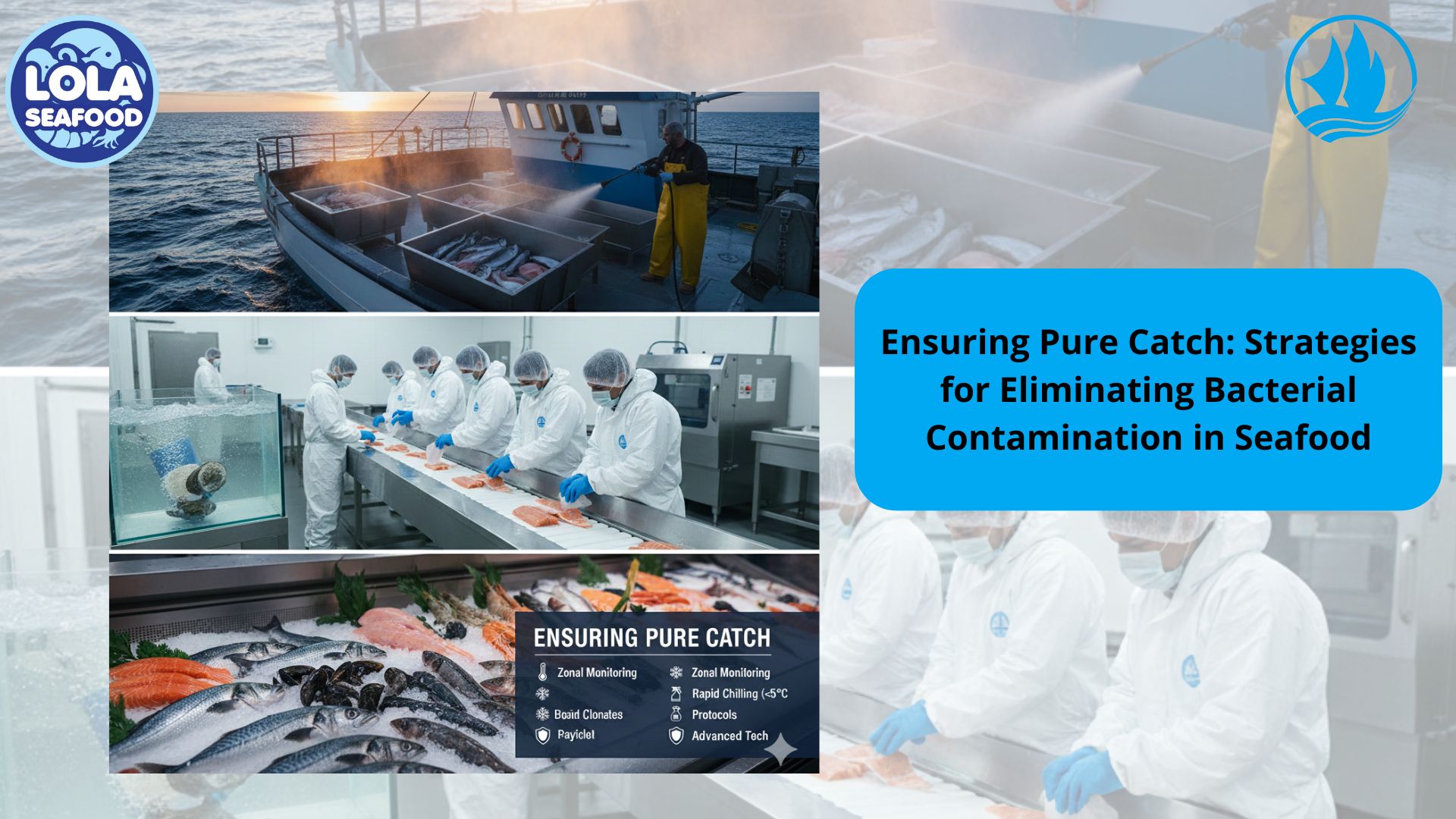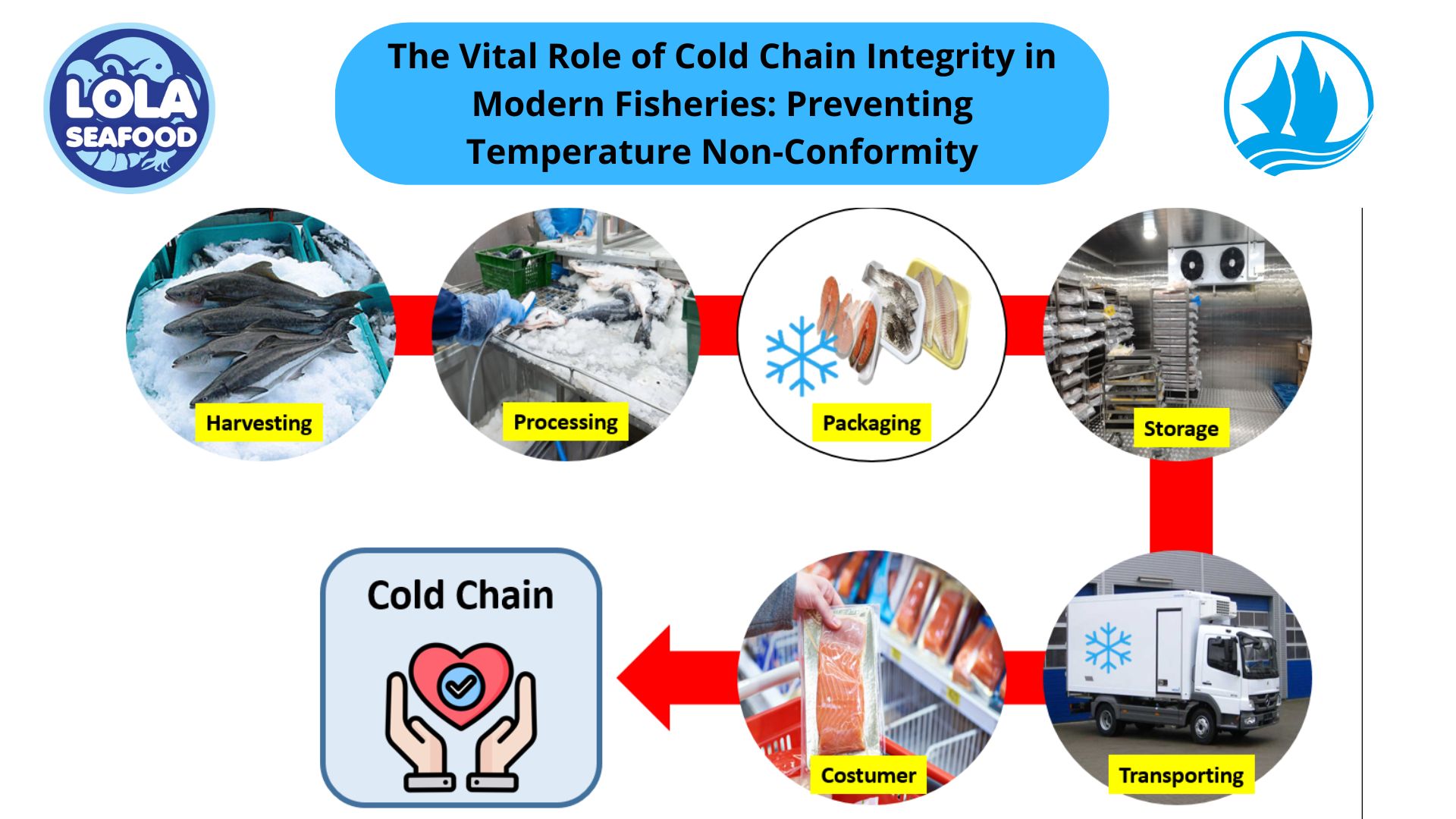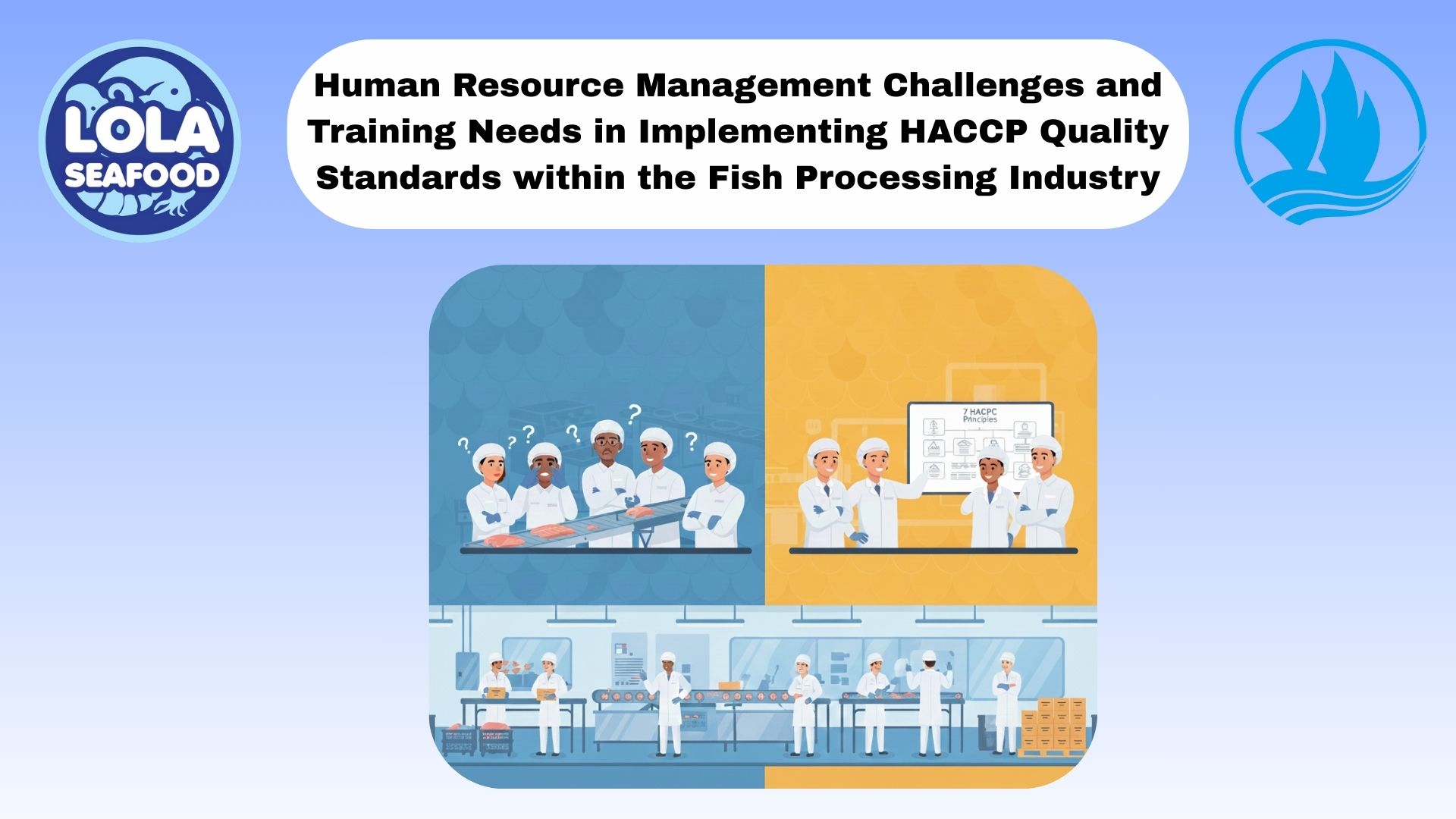Benefits of Fresh and Frozen Fish
By. Najih - 08 Mar 2024.jpg)
There’s a common misconception that fresh seafood is more nutritious than frozen. This simply isn’t true. Quality is determined by when, where and how the fish is caught, and how it is looked after between catching and delivery to your fridge or freezer.
Benefits of Fresh Fish
1. Moisture & Nutrition
Fish is a highly nutritious food that is packed with vitamins and minerals. In the process of defrosting frozen fish, some of the natural water content may be lost, resulting in flesh that is not as moist as fresh fish after cooking. It is possible for water-soluble vitamins in the fish, such as vitamin B12, to be dissolved and lost through thawing, though fat-soluble vitamins will remain. Hence, fresh fish generally retain more nutrients than their frozen counterparts and result in more tender flesh after cooking.
2. Taste
This one is a no-brainer. The fresher the fish, the better it will taste. Fresh fish that was just caught will have an incomparable texture and taste.
3. No Thawing Needed
You need to plan ahead with frozen fish if you’re planning to cook it as it requires overnight thawing. If it does thaw, you can’t change your mind and refreeze it; you have to consume it. As for fresh fish, you can buy, cook, and enjoy it straight away — no waiting around necessary.
Benefits of Frozen Fish
1. Extended Shelf Life
Most fish are frozen using flash-freezing technology either directly on fishing boats or within a short time span after being caught. This method effectively preserves the fish, allowing it to last much longer than fresh fish. For comparison, fresh fish can be kept in the refrigerator for about 2 days, while frozen fish can retain its quality for up to 12 months.
2. Consistent Quality
As long as the fish was frozen quickly using appropriate methods, the freshness of the fish is frozen in time. The quality of the fish doesn’t get too affected and is comparable to that of fresh fish. Apart from the potential loss of water-soluble minerals, freezing preserves the fish’s quality and most of its nutritional value.
3. More Cost-Effective
Frozen fish are usually cheaper than fresh fish, as fresh fish are more time-sensitive and require faster transport methods to get to market. Fresh fish that are in season also cost higher as they are available in smaller supplies. Hence, frozen fish can be a great option if you plan to buy them in bulk or save money. Frozen fish can also be less wasteful for home cooks, since you can just thaw out the amount you need from the freezer when you are cooking.

Optimizing Wild-Caught Fish Logistics: Maintaining Thermal Core Integrity During Long-Haul Transport
.jpg)
The Impact of HACCP-Based Integrated Quality Management Programs on the Quality and Competitiveness of Fresh Demersal Fish Products
 and Employee Productivity on the Demersal Fish Processing Floor.jpg)


.jpg)


